
Are you looking for academic writing tips?
Then come to the Writing Academy lunchbyte session on 18th May 2016, 12noon to 1.30pm.
Edwin van Teijlingen, Professor of Reproductive Health Research at the Centre for Midwifery, Maternal & Perinatal Health, Bournemouth University, will lead this lunchtime session for budding academic writers.
With over 220 peer-reviewed publications Prof. Edwin van Teijlingen has published widely in the field of public health, social sciences and the organisation of health care systems. He is Associate Editor of BMC Pregnancy & Childbirth as well as Book Review Editor for Sociological Research Online. Furthermore, he is on the editorial boards of various international journals including: Birth, Nepal Journal of Epidemiology, and Midwifery. Together with academic colleagues at BU he has written several articles about different aspects of academic writing. [1-7]
- van Teijlingen, E., Hundley, V. (2002) Getting your paper to the right journal: a case study of an academic paper, Journal of Advanced Nursing 37(6): 506-511.
- Pitchforth, E., Porter, M., van Teijlingen, E.R., Forrest Keenan, K. (2005) Writing up and presenting qualitative research in family planning and reproductive health care, Journal of Family Planning & Reproductive Health Care 31 (2): 132-135. http://jfprhc.bmj.com/content/31/2/132.full.pdf+html
- Teijlingen van, E., P.P., Rizyal, A. (2012) Submitting a paper to an academic peer-reviewed journal, where to start? Health Renaissance 10 (1): 1-4. http://www.nepjol.info/index.php/HREN/article/view/5997/4950
- Teijlingen van, E., P.P., Simkhada, B., Ireland, J. (2012) The long & winding road to publication, Nepal Journal Epidemiology 2(4): 213-215 http://nepjol.info/index.php/NJE/article/view/7093/6388
- van Teijlingen, E., Hundley, V. (2013) Editorial, Midwifery 29(6): 557-558.
- Simkhada, P., van Teijlingen, E., Hundley, V. (2013) Writing an academic paper for publication, Health Renaissance 11(1): 1- 5 www.healthrenaissance.org.np/uploads/Pp_1_5_Guest_Editorial.pdf
- Hundley, V., van Teijlingen, E., Simkhada, P. (2013) Academic authorship: who, why and in what order? Health Renaissance 11(2): 98-101 http://eprints.bournemouth.ac.uk/20884/1/Authorship%20order%20Health%20Renaissance%202013.pdf
- Simkhada, P., van Teijlingen E., Hundley, V., Simkhada, B.D. (2013) Writing an Abstract for a Scientific Conference, Kathmandu University Medical Journal 11(3): 262-265. http://www.kumj.com.np/issue/43/262-265.pdf
- van Teijlingen, E., Ireland, J., Hundley, V., Simkhada, P., Sathian, B. (2014) Finding the right title for your article: Advice for academic authors, Nepal Journal of Epidemiology 4(1): 344-347. http://www.nepjol.info/index.php/NJE/article/view/10138/8265
- van Teijlingen, E., Hundley, V., Bick, D. (2014) Who should be an author on your academic paper? Midwifery 30: 385-386.
- Hall, J., Hundley, V., van Teijlingen, E. (2015) The journal editor: friend or foe? Women & Birth 28(2): e26-e29.
In this workshop, Edwin will share his extensive writing experience with you and you will also have the opportunity to network with colleagues and have a chat with Edwin during lunch.
Please see this link for more information – https://staffintranet.bournemouth.ac.uk/workingatbu/staffdevelopmentandengagement/fusiondevelopment/fusionprogrammesandevents/writingacademy/gettingpublished/
To book a place on this session (so that catering can be booked), please email Organisational Development.

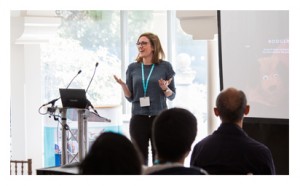
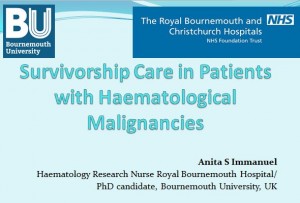
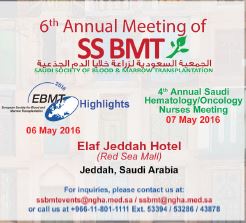

 Quick tip if you’re adding posts to the research blog: when adding an image within your post, remember to also click on ‘set featured image’ (bottom right-hand menu below ‘tags’) and select the image again. This will show the image on the home page of the blog for your post summary (which may entice more people in to read it).
Quick tip if you’re adding posts to the research blog: when adding an image within your post, remember to also click on ‘set featured image’ (bottom right-hand menu below ‘tags’) and select the image again. This will show the image on the home page of the blog for your post summary (which may entice more people in to read it).
![image[1]](http://blogs.bournemouth.ac.uk/research/files/2016/05/image1-1-300x113.jpeg)
 Join us to take a closer look at how research can have an impact beyond academia, and the ways in which this can be achieved.
Join us to take a closer look at how research can have an impact beyond academia, and the ways in which this can be achieved.

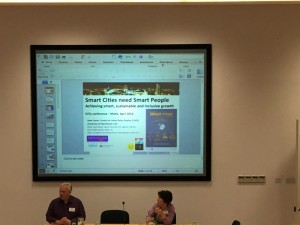
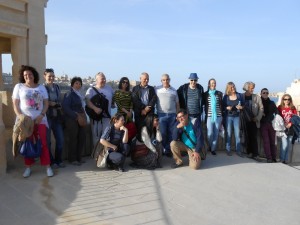

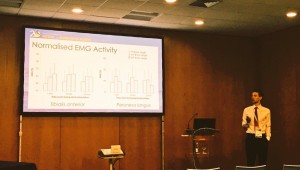
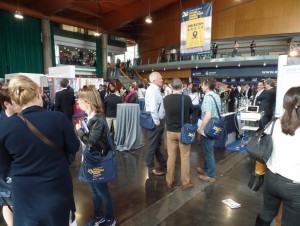

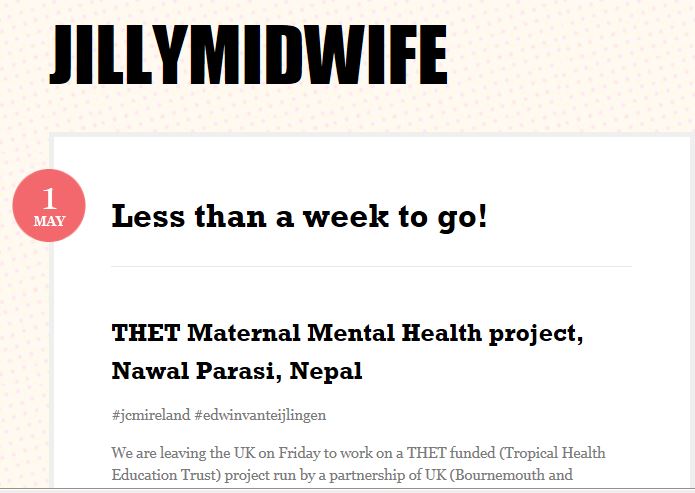

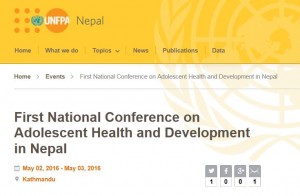


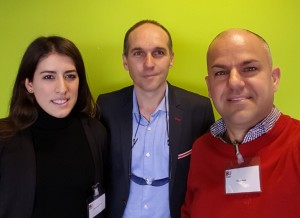
 Just a quick reminder before the long weekend, to sign up for the forthcoming
Just a quick reminder before the long weekend, to sign up for the forthcoming 










 Conversation article: London Marathon – how visually impaired people run
Conversation article: London Marathon – how visually impaired people run ESRC Festival of Social Science 2024 Open Call – Deadline for Applications Thursday 16 May
ESRC Festival of Social Science 2024 Open Call – Deadline for Applications Thursday 16 May Horizon Europe News – December 2023
Horizon Europe News – December 2023